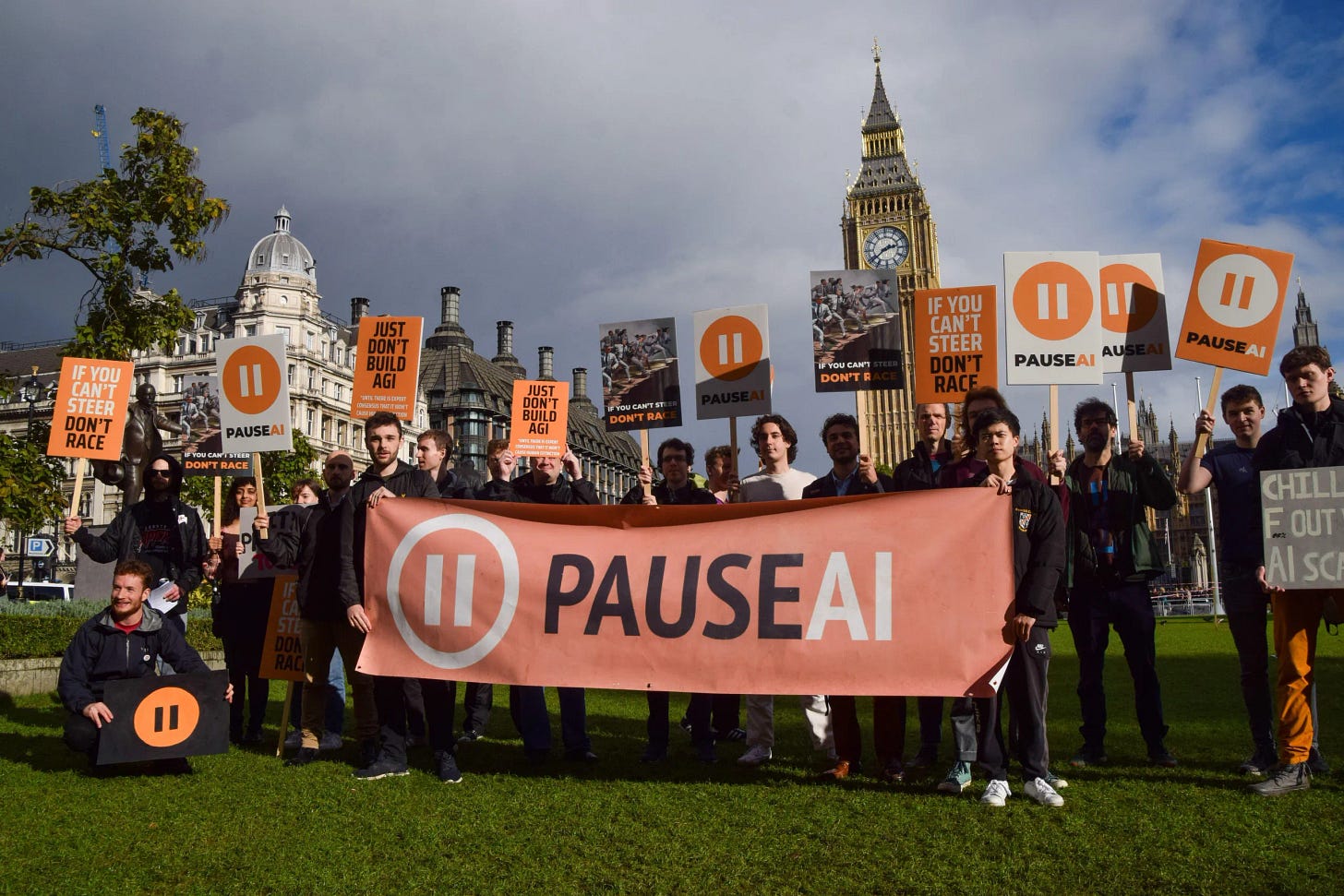Hello there,
I hope you had a good February and didn’t miss all your deadlines because you realized at the last minute that it’s a 28-day month.
I spent the last few weeks learning new ideas from a variety of sources. Here are 5 that’ll make you think:
Positional Goods: Important concept. Positional goods are those you acquire for the status and the ‘differentiation’ they offer you (given their exclusivity), and not for their intrinsic value. Economist Robert Frank did an intriguing experiment to demonstrate the point. People were offered 2 options: a) Live in a 4000 sq ft house while others get a 6000 sq ft one, or b) Live in a 3000 sq ft house while others live in a 2000 sq ft one. Most people chose the second option even though they’re better off choosing the former. That’s because, after a point, the size of a house is a reflection of status, and people care more about being ahead of others than having a bigger house. But when the same experiment was done with vacation time (you get 4 weeks of annual vacay while others get 6 VS you get 2 weeks while others get 1), people chose the former- more vacation time for themselves even if others got a lot more. That’s because free time is NOT a positional good, it’s something people value it for what it actually offers (and not for the exclusivity it gives them). This is a good litmus test to do while acquiring goods in the future- it’s crucial to know why you’re buying something.
AI Pushback: Tech bros might convince us in 3-hour podcasts that AI is the best thing to ever happen to us but that’s just their incentives talking: they want their businesses or investee companies to rake in nosebleed profits. But the truth is: people aren’t happy with what’s going on. Change is hard, nobody likes to live through times of uncertainty. And as AI deployment and layoffs accelerate, instead of entering a utopia where everyone’s busy writing shitty poetry and traveling to lux resorts in Hawaii, we’re going to experience a major political clash between the accelerationists and the rest. The burning of autonomous cars in the US & the dockworker strikes against robots are a sign of what’s coming. As job displacement reaches eyewatering levels, people aren’t going to sit on their hands and gladly accept their layoff letters. As more people lose their economic agency, expect violence and riots to flare up (but Marc Andressen won’t tell you about them).
EU’s Coming Collapse: With Trump deciding to not pour endless money on Ukraine and backing off from being the security provider in Europe, it’s clear that the continent has a difficult future. It has 2 choices- either pursue radical reform or deal with precipitous decline. European policymakers have long been aware of their declining say in world affairs, but firmly hold on to the belief that decline can be gradual, that life in their cities will continue to pleasant and beautiful. But with belligerent powers at their borders, a declining population, slow growth and myriad internal issues, this may not play out in a pleasant manner. Moreover, even the 1st option isn’t easy- it’s not child’s play to arm up all of a sudden when you’ve relied on the US to be the security-man for decades (plus the fact that your average person is a 50 year old uncle), and large armies require large and growing economies to back them up- something the EU doesn’t (and won’t) have. The world leader of the last few centuries seems to be stuck between a rock and a hard place.
Monetizing Flow: One of the most meaningful ways to spend time is on activities where we enter the flow state- where we’re so absorbed in the task that we lose the sense of time and our identities. It has always been possible to meaningfully spend our time on flow-enhancing activities like reading books, playing a guitar, or painting. But Silicon Valley realized that this is another opportunity they could exploit & monetize, and so we now inhabit a world where all the typical flow-inducing activities have been replaced by scrolling and reels. These things also make us lose track of time, but the effects are deleterious. They’re NOT meaningful (people *hate* themselves after an hour of mindless reels instead of walking off satisfied), and are meant to line the pockets of tech companies & advertisers. We must reclaim flow time and remember that it can be done offline without the ‘help’ of companies who want to “save the world” or “enhance human connections” (lol).
The Great Hand-Off: The world’s pop growth is slowing down like me at the end of a half-kilometer run, and people are even saying that our population may top out by 2040, after which we may see a downward trajectory. But a system that depends on constant growth depends on more humans to produce & consume, without which it can experience massive trouble. This is why thinkers like Kevin Kelly have a fun prediction- we’ll replace the declining human numbers with robots who’ll replace human consumption- just to keep the show running for the remaining (and far lesser number of) humans. For the first time, we might experience a hand-over process to a different kind of intelligence to run our systems and keep the economy chugging just like the old times.
That’s it for today, friends. Did you learn some interesting stuff in Feb? Respond with your ideas/links. And if you want to read some more cool stuff, here are a few popular ones:
Welcome To Technofeudalism [Popular]
Why You Have A Surname [Mind-opening]


